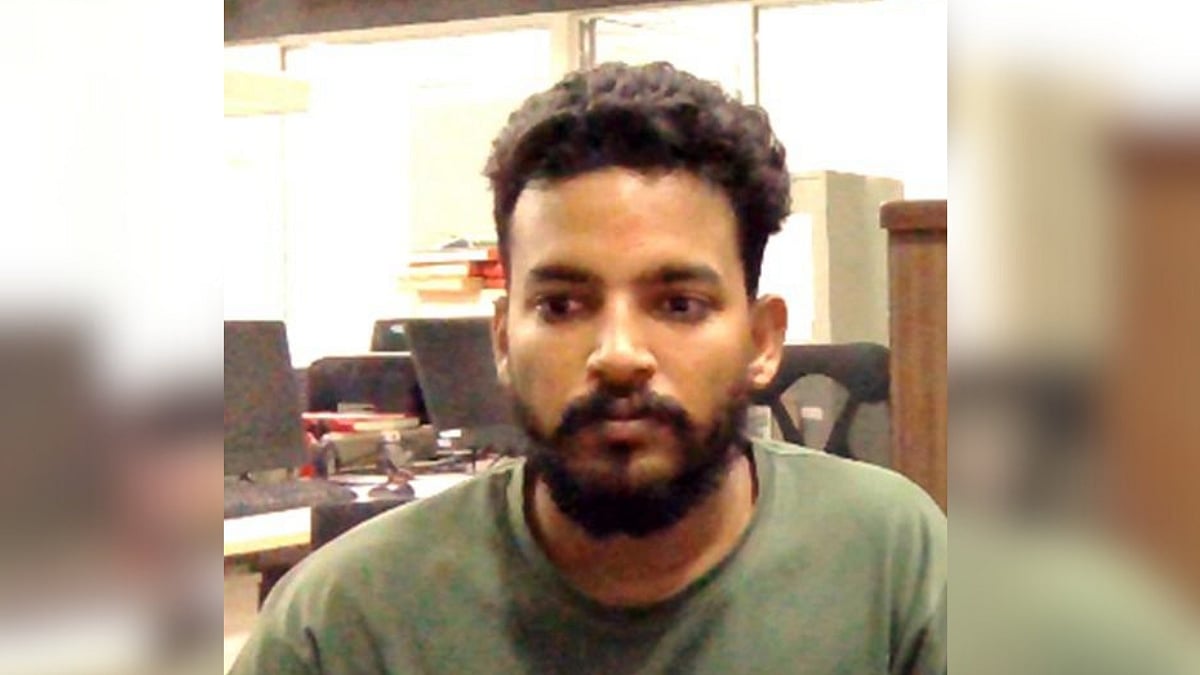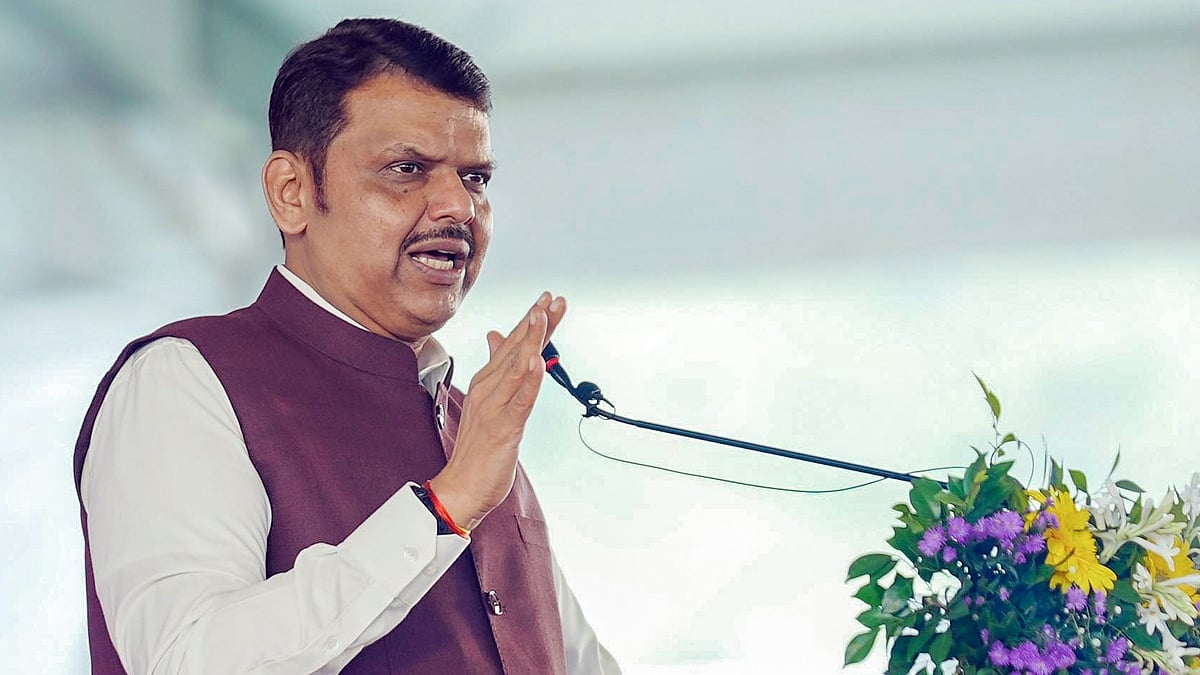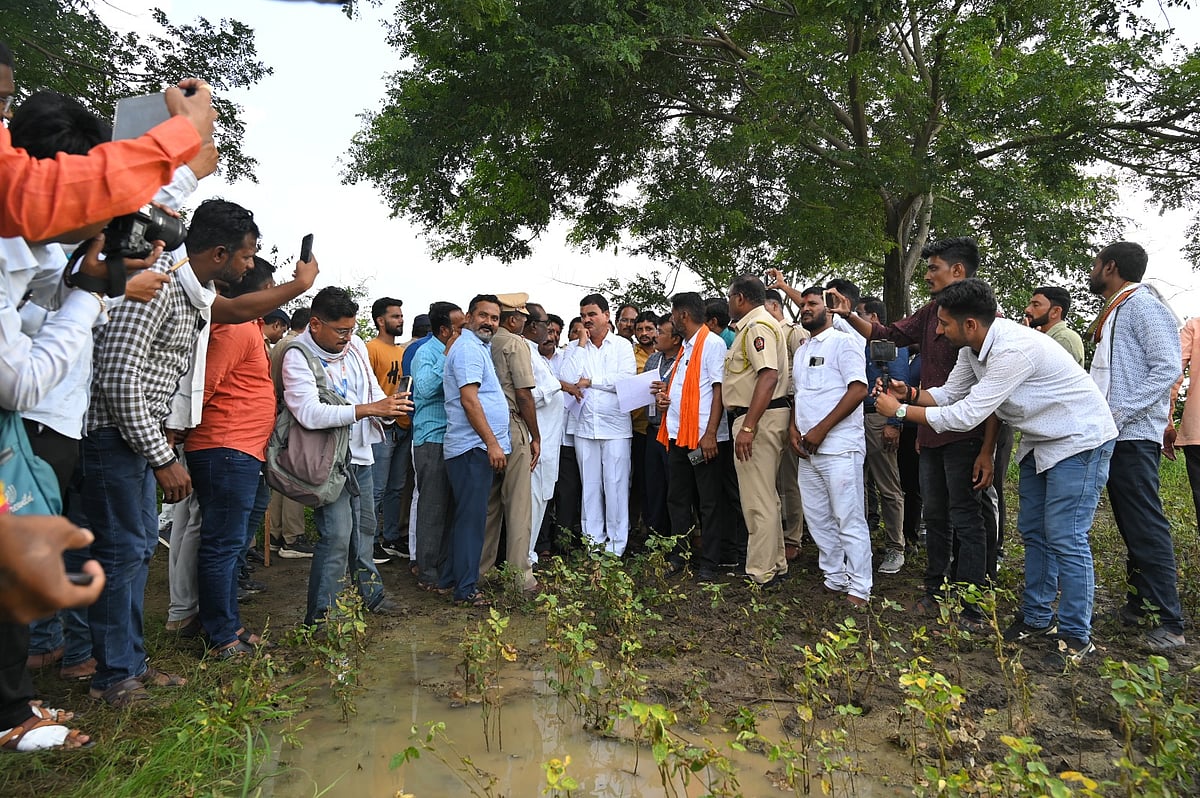Mumbai: The Enforcement Directorate (ED) has arrested suspended Bank of India (BoI) officer Hitesh Kumar Singla for allegedly orchestrating a calculated and layered banking fraud of over Rs 16.10 crore. Posted at BoI's Turner Road branch since May 2022, Singla systematically targeted vulnerable account holders, exploiting internal loopholes to siphon funds into his personal accounts before channeling a portion into stock market investments.
According to ED officials, the scheme unfolded in stages that masked his involvement for nearly two years. Investigators said he began by scanning the bank’s records to identify accounts unlikely to attract scrutiny. These typically included accounts belonging to senior citizens, minors, deceased customers, or those that had been dormant for years. Such accounts often went unchecked, either because the account holders were vulnerable or because heirs took time to make claims, giving him the opportunity to manipulate balances without facing immediate questions.
Once he had identified his targets, Singla allegedly began closing deposits and savings instruments without obtaining authorization from the account holders. Fixed deposits, Senior Citizens Savings Schemes, Public Provident Fund accounts, as well as savings and current accounts, were all terminated in this manner. While standard banking procedures require formal requests for such closures, officials said Singla bypassed this standard operating procedure and processed the redemptions internally.
The most striking feature of Singla's modus operandi was his manipulation of the branch’s own office account as a staging ground. Rather than transferring funds directly to his personal account, which would have immediately raised red flags, he first routed the proceeds of the unauthorized closures into the branch's internal office account. This ledger is meant for routine adjustments, reversals, and reconciliations within the branch, and transactions passing through it often do not raise immediate alarms. By moving customer funds here first, Singla was able to give the impression that the transfers were part of normal banking activity.
This two-step process was crucial to concealing the theft. By first routing funds through the internal office account, Singla ensured the fraudulent withdrawals blended seamlessly with ordinary transactions. The money was then quietly moved to his personal State Bank of India (SBI) account in Hoshiarpur, Punjab.
To further obscure his trail, Singla allegedly misused the login IDs of colleagues. In BoI’s internal systems, every transaction is stamped with the employee’s ID, but by using others’ credentials, he made it appear that multiple employees had authorized the transactions, scattering digital evidence. He also siphoned off funds in smaller tranches to avoid triggering the bank’s automated alerts.
The case came to light on August 1 when the legal heir of the late Morgan Miranda, a senior citizen depositor, approached the Turner Road branch to inquire about his father’s Senior Citizens Savings Scheme and Term Deposit accounts. Upon scrutiny, bank officials discovered that Miranda’s deposits, totaling more than Rs 36 lakh, had been prematurely closed without any authorization. A preliminary investigation by the bank revealed a more complex trail: the amounts were first remitted to the branch’s internal office account and then subsequently transferred to Singla’s personal SBI account in Punjab.
Further investigation by the bank found that 127 accounts across four branches had been affected in a similar manner, with deposits closed without authorization and funds routed through internal branch accounts before landing in Singla’s personal accounts. The pattern suggested a calculated and systematic exploitation of both procedural gaps in the bank’s operations and the vulnerability of account holders, which allowed the fraudulent transfers to go unnoticed for an extended period.
According to the ED's investigation, a significant portion of the siphoned funds was moved into the stock market. An examination of Singla’s Demat accounts with Zerodha, Upstox, and Groww showed he had invested at least Rs 8.27 crore in equities and mutual funds. While no holdings remain today, officials believe that the profits earned were siphoned elsewhere. In addition, Rs 1.42 crore was transferred to the account of another BoI staffer, around Rs 5 lakh was withdrawn in cash, and several transfers were layered through associates’ accounts to disguise the origin of the funds.
Also Watch:
The case has highlighted serious concerns about internal monitoring mechanisms in public sector banks. The ED's investigation concluded that a combination of factors, including prolonged use of branch office accounts as transit ledgers, weak real-time oversight, misuse of employee credentials, and piecemeal withdrawals, created critical blind spots that allowed the fraud to continue undetected for over two years.
To get details on exclusive and budget-friendly property deals in Mumbai & surrounding regions, do visit: https://budgetproperties.in/








